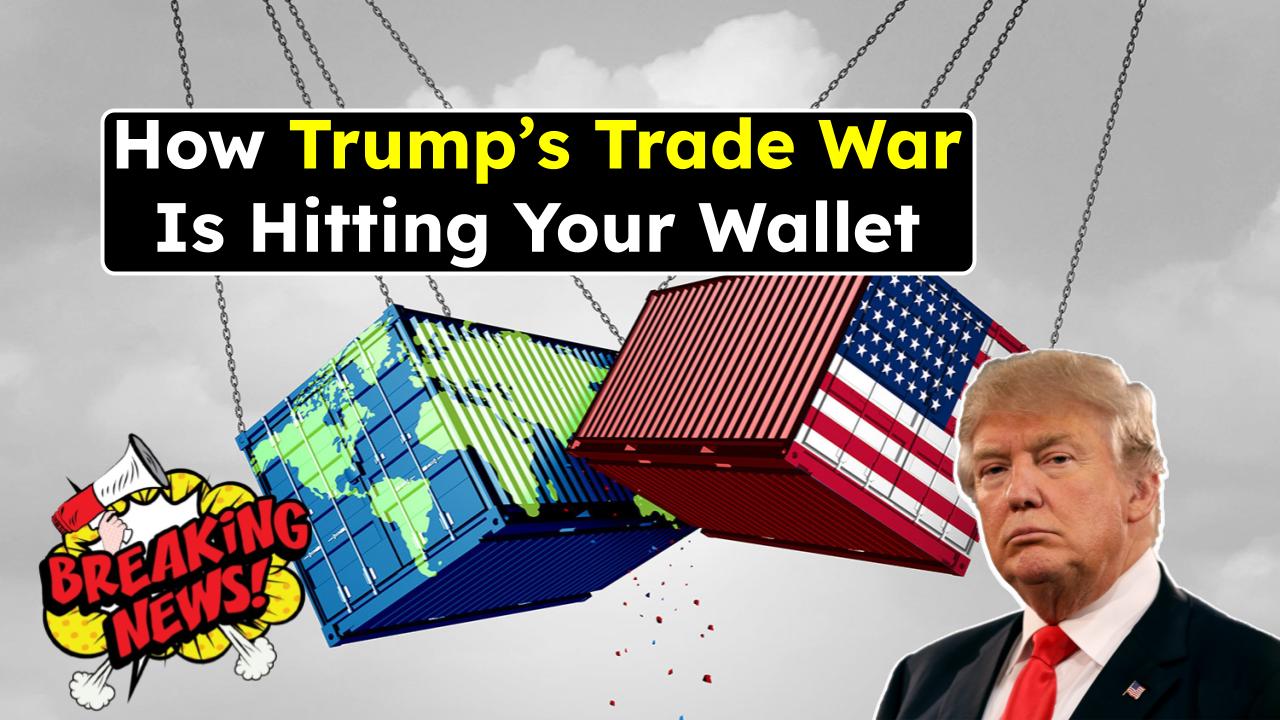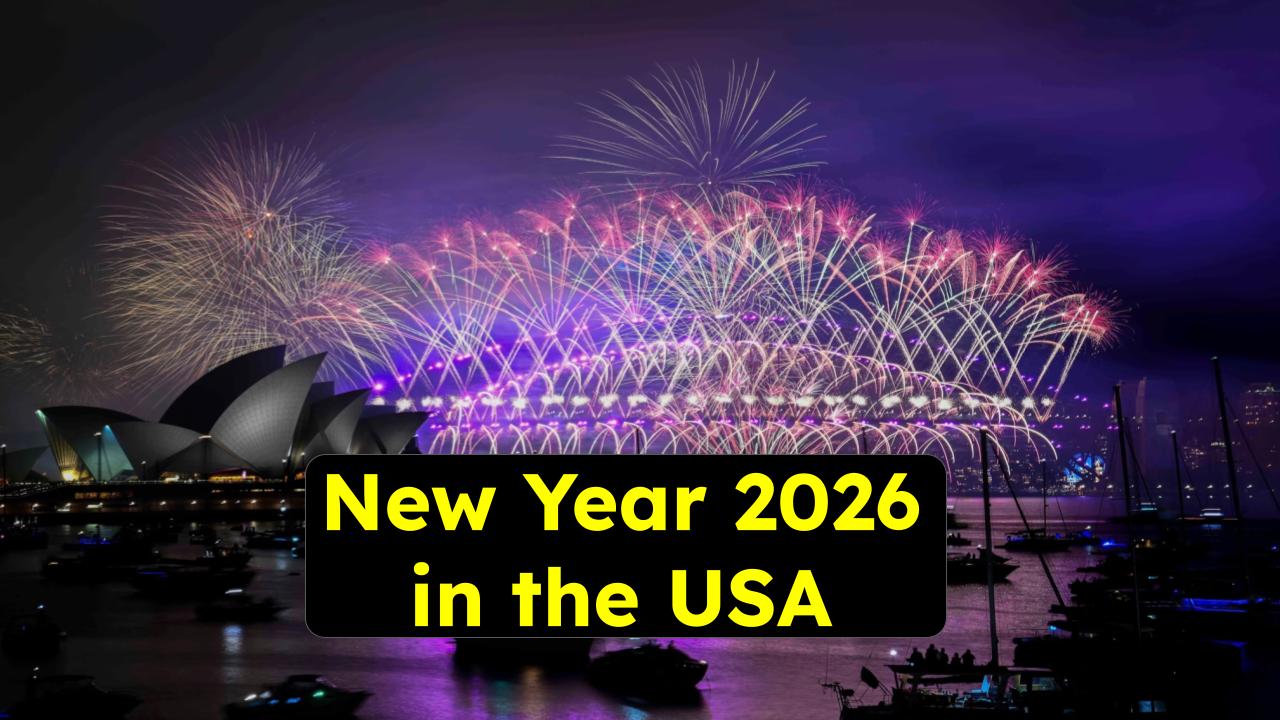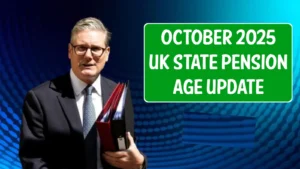In a heated standoff between former U.S. President Donald Trump and Harvard University, the elite school’s international admissions policies have come under sharp scrutiny. Trump recently accused Harvard of accepting foreign students at Harvard who need remedial math in Ivy League institutions. His jab — “They can’t even add two and two” — has ignited widespread concern across political, educational, and immigrant communities. The controversy over the Trump Harvard controversy continues to raise questions about the role of foreign students in U.S. higher education.

At the core of this clash is the Trump administration’s push to restrict Harvard from admitting foreign students at Harvard, citing academic concerns, antisemitic campus protests, and left-leaning political activism. This escalating legal and ideological battle raises a critical question for American higher education: Should political agendas dictate who learns at the nation’s top universities?
The implications are massive—impacting over 6,800 Harvard international students and threatening Harvard’s federal support, while challenging long-held ideals of academic freedom and global inclusion. As court cases unfold, universities nationwide brace for similar attacks, and the future of international education in the U.S. hangs in the balance.
Key Highlights
| Topic | Summary |
|---|---|
| 🎓 Trump’s Statement | Criticized Harvard for admitting students who need basic math support. |
| 🛑 Visa Ban Attempt | DHS under Trump tried to block Harvard’s access to the student visa system. |
| ⚖️ Court Intervention | Harvard sued, and a federal judge paused visa restrictions. |
| 📉 Student Risk | Over 6,800 international students faced deportation threats. |
| 💥 DEI & Protests | Trump tied the issue to antisemitism and anti-Israel activism on campuses. |
| 🌍 Global Impact | Could redefine how U.S. higher education engages with the world. |
Trump: “They Can’t Even Add Two and Two”
Donald Trump reignited debate over elite university standards by criticizing Harvard’s inclusion of foreign students at Harvard needing remedial math courses. At a press conference, he derided their academic merit:
“These students can’t add two and two, and they want to go to Harvard. We don’t want troublemakers.”
The remark sparked immediate backlash from educators, human rights advocates, and the immigrant community. But it also highlighted a growing ideological divide between traditional academic values and emerging global realities.
Why Is Trump Targeting Harvard?
The feud intensified after Harvard announced remedial math in Ivy League courses for both U.S. and international students. The support system, aimed at closing academic gaps, became the latest target in Trump’s crusade against what he sees as “declining standards.”
His critique coincided with increasing anti-Israel protests on campuses—many led or joined by foreign students. Trump labeled these as “antisemitic” and questioned whether such individuals should be in the U.S. at all.
“Foreign students needing help with basic math then leading protests against the U.S.? That’s unacceptable,” he stated.
DHS Blocks Harvard’s Visa Access
The Trump-led DHS revoked Harvard’s access to SEVIS, the system used to issue student visas. This unprecedented move placed nearly 7,000 Harvard international students in legal jeopardy overnight.
Unless students could provide alternate visa documentation, they risked deportation. The policy prompted widespread outcry, with Harvard and other institutions calling it discriminatory and harmful to academic freedom.
“This action endangers our students and undermines the very principles of education,” said Harvard President Alan Garber.
Harvard Fights Back
Harvard responded swiftly, filing a lawsuit arguing that the administration had overstepped its authority. A federal judge sided with the university, issuing a restraining order to pause the Harvard international students ban.
“You cannot use immigration policy as a weapon against academic institutions,” argued Harvard’s legal team.
The case remains active, with broader implications for how much control political leaders should have over university operations.
Trump Targets Harvard’s Wealth
Beyond visas, Trump called out Harvard’s massive $52 billion endowment. He accused the university of hoarding wealth while demanding federal funds.
He even proposed removing Harvard’s tax-exempt status, citing the influence of politically progressive programs such as DEI (Diversity, Equity, and Inclusion).
“They’re richer than many countries. They shouldn’t get taxpayer help,” Trump asserted.
Could Other Universities Be Next?
When asked if similar actions could hit other schools, Trump confirmed: “Harvard’s not alone.”
That message has elite schools like Yale, Princeton, and Stanford on edge. Many also host large foreign student populations and support social justice initiatives. Education leaders worry about a broader crackdown targeting the soul of American academia.
For more information, read: Will US government stop other universities from enrolling international students? What Trump said
Why International Students Are Vital
Foreign students at Harvard make up about 5.6% of U.S. higher education enrollment, contributing nearly $40 billion annually to the economy.
They enhance research, bring cultural diversity, and fuel American innovation. Leading institutions rely heavily on their global appeal to attract top talent and funding.
“They’re not just students—they’re tomorrow’s scientists, entrepreneurs, and leaders,” said Dr. Leah Chen, a U.S. education expert.
The Battle Over DEI and Campus Speech
Trump also linked Harvard’s “failures” to DEI initiatives and free speech issues. He accused universities of becoming echo chambers for liberal ideology.
“These campuses promote agendas, not academics,” he claimed.
Universities pushed back, emphasizing that inclusion, equity, and activism are integral to a free-thinking society.
“Our role is to foster open dialogue, not to silence it,” said Harvard’s DEI Office.
Frequently Asked Questions (FAQ
1. What prompted the Trump administration to revoke Harvard’s ability to enroll international students?
The Trump administration cited concerns over academic performance and campus protests deemed antisemitic, tying both issues to the foreign student population.
2. How many students were affected by this decision?
About 6,800 Harvard international students were at risk of deportation due to revoked visa authorization.
3. What legal actions did Harvard take in response?
Harvard sued the government and secured a temporary injunction allowing foreign students to remain while litigation continues.
4. What was the outcome of the legal proceedings?
A federal judge temporarily blocked the decision, letting Harvard retain its visa-granting privileges for now.
5. Could other universities face similar actions?
Yes, Trump indicated other schools might also be reviewed for their admissions and political climate.
6. Why are international students important to U.S. universities?
They bring diversity, innovation, and economic value. Their presence helps fund programs and drives global collaboration.
7. Where can I read more about this issue?
You can read the full report at the Times of India: After Harvard, will US government stop other universities from enrolling international students? What Trump said
What’s Really at Stake
This isn’t just a Trump-vs-Harvard spat—it’s a defining moment for U.S. education. At the heart lies a struggle between two visions: one favoring exclusivity and nationalism, the other rooted in openness and diversity.
Legal battles, student futures, and the very reputation of American academia are all on the line. The world is watching, and the outcome could reshape global perceptions of what studying in the U.S. really means.
















